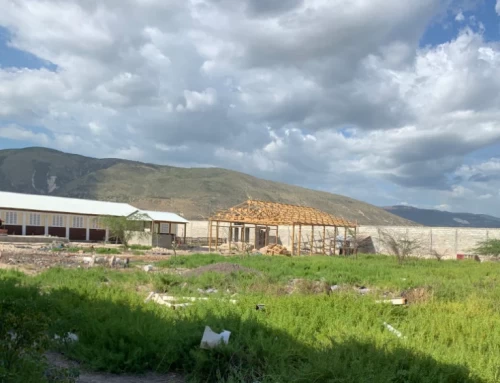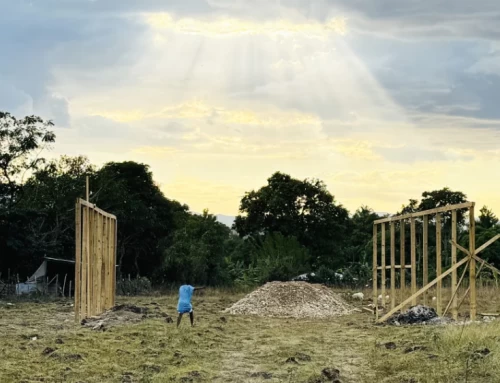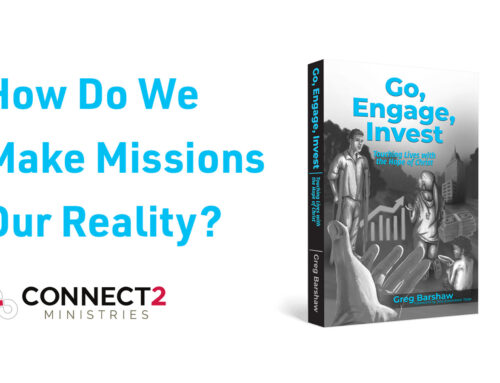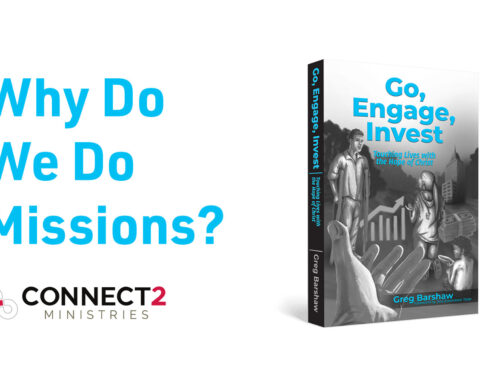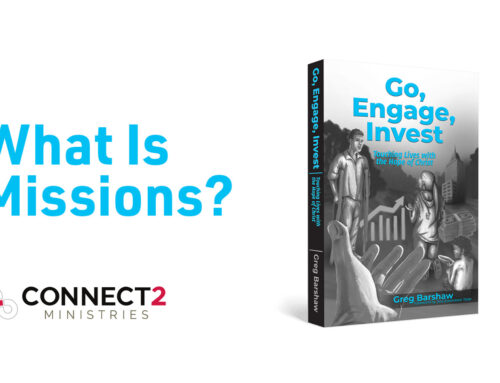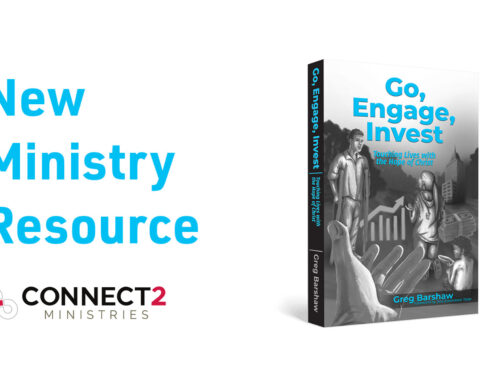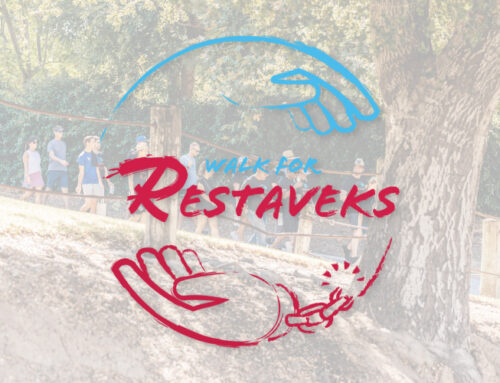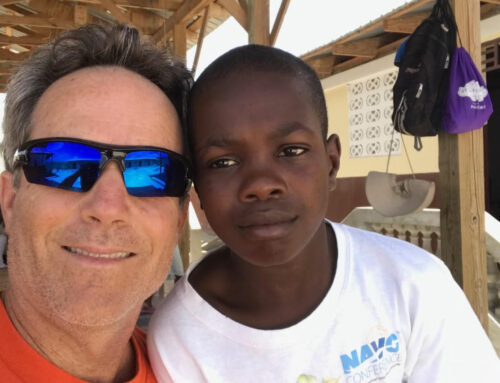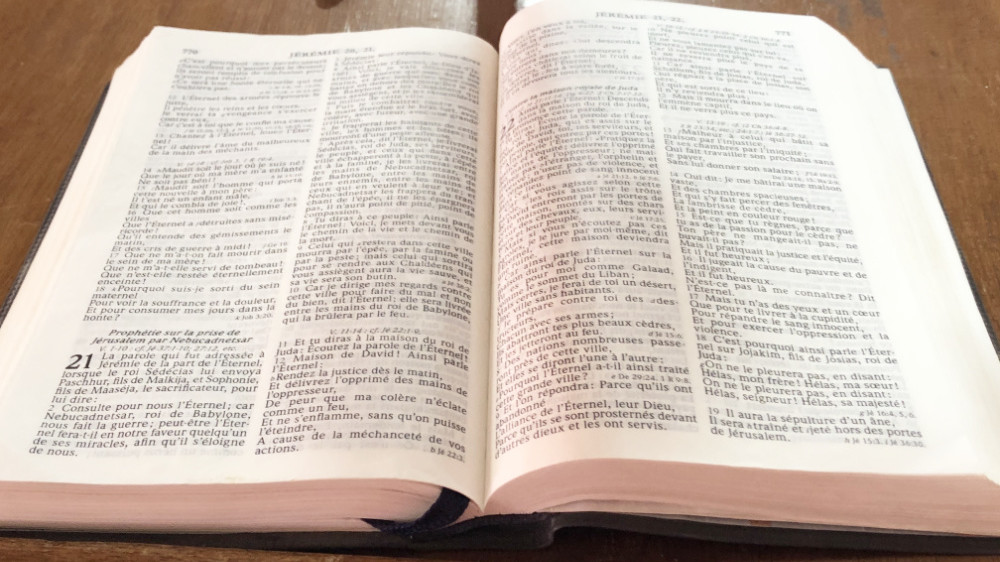
Whenever the culture goes through a metamorphosis, we know there will be changes for the church to deal with as well. In our Judeo-Christian society, it used to be that people would come to the church when they were hurting. People looked to pastors and even Christians in general as a source of peace and comfort. But that doesn’t happen as often anymore. As believers, we have a fresh opportunity—to stop waiting for people to come in, and instead go out, find them, and extend hope to them through the gospel.
Faith and works go hand in hand (James 2:26). And these works are things we do primarily as individuals, not as a collective group of God’s people. In Matthew 25, Jesus says, “as you did not do it to one of the least of these, you did not do it to me.” You didn’t feed me, you didn’t clothe me, you didn’t give me something to drink, you didn’t visit me. All of these statements are admonitions to the individual, not to the church. It’s easy to think that we can give money to the church, and then the church will do those things for us. But it’s convicting when we remember that this passage is in the first person.
We need to fix the root of the issue rather than the externals. Let the heart change the conduct. The church in America today teaches very well. The church disciples well, and it cares for its own in a wonderful way. But in Matthew 28, we see we are meant to make disciples as we are going. As you are moving through life, there are people you will encounter who will become your mission field. There’s nothing in this passage to say this kind of opportunity will fall into your lap as you sit in a pew. The reality is, it’s up to us, as we are going, to make disciples.
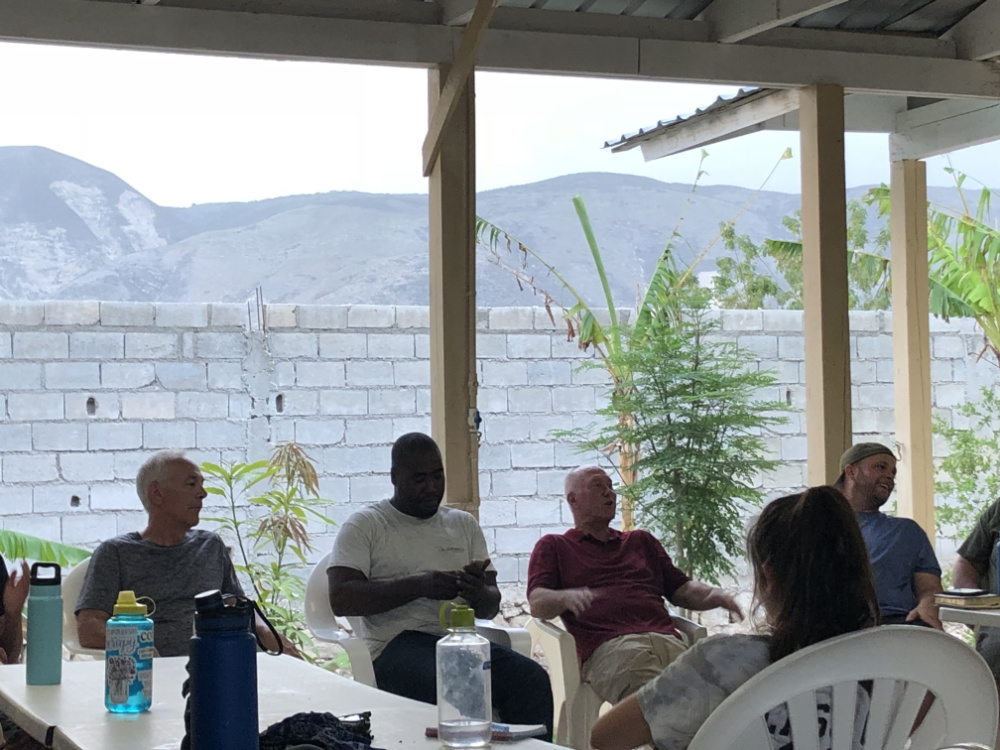
The church has a tendency to pull in and circle the wagons when we feel we’re under attack. But that’s not the heart of Jesus. It’s a hard thing, but it is the call of the gospel. Many of us have never known persecution. It’s possible that will change in the years to come. We need a perspective that pushes us to press into the culture, despite resistance. They will hate us because they hated Christ first. So what does that mean for pastors and church leaders? It means that we need to act with conviction as we remember that ministry is not self-contained; only part of it is within the church. We have a powerful call to go out into the world, making disciples of all nations (Matthew 28:19).
What are we doing with what we’ve been given? In the parable of the talents, the one who held onto the talent was condemned. It was the servants who invested their resources who were blessed. Stewardship is about investment. Where the Pharisee asked, “Who is my neighbor?,” the Good Samaritan invested his time and resources to help a stranger. Jesus’ message is that our neighbor is anyone who is in need. It’s not just loving the person next to you; it’s so much more.
People follow their leaders. As pastors, that’s a gift and a responsibility. If you’re obedient, then God will give you what you need to continue on. Faithful obedience always precedes the blessing, and complete understanding or perfect knowledge is not a prerequisite for obedience. In a culture that is redefining what it means to be a person of faith, we need to be faithful to ask: What does ministry look like in Scripture? What should a pastor be, and how does all of this work practically from a biblical perspective? As we redefine some of those terms, we take some critical steps toward becoming the leaders, the churches, and the individuals God would have us be.
Share This Story!
Join Our Email List!
Get our blogs delivered directly in your email, don’t miss an opportunity to read about our mission to save children and bringing the Gospel to Haiti.


